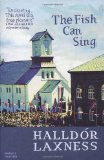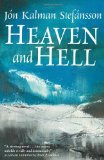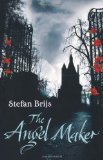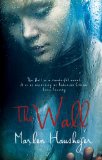 Translated from the French by Curtis Cate
Translated from the French by Curtis Cate
Five words from the blurb: adventurer, aviation, risks, airmail, courage
I have a fear of flying so was surprised to see The Novel Cure recommend a book about an air crash as a potential solution to my problem. I was dubious (and scared!) but decided to give it the benefit of the doubt and see if it would help me. Having finished the book I’m not sure it has allayed any of my fears, but it is a much better suggestion than I first thought.
Antoine de Saint-Exupery was a pilot in the early days of the French airmail service. He risked his life transporting mail over the Andes and the Sahara and used his experiences to write several books. He is said to have produced some of the best aviation novels in existence, but I’m afraid I don’t think “aviation-lit” is for me.
Night Flight is a short book (just 63 pages) that tells the story of Fabian, a pilot delivering mail in Argentina. His boss, Rivière, instructs Fabian to continue flying, despite the dangerous thunderstorm approaching. The book highlights the dilemma of whether or not you should follow orders that put you at risk and shows the vulnerability of those who took part in early air travel. I was worried that the book would give me more reason to fear flying, but the descriptions were so cold and technical that they didn’t elicit an emotional response.
The writing was fantastic and the descriptions were beautiful, but it was too slow for me and I became bored:
Yet the night was rising, like a dark smoke, and already filling the valleys, which could no longer be distinguished from the plains. The villages were lighting up, greeting each other across the dusk like constellations. With a flick of his finger he blinked his wing-lights in answer.
In retrospect, this is the perfect book to read on a plane – you’ll either be mesmerised by its beauty or sent to sleep by its descriptive prose.

.











